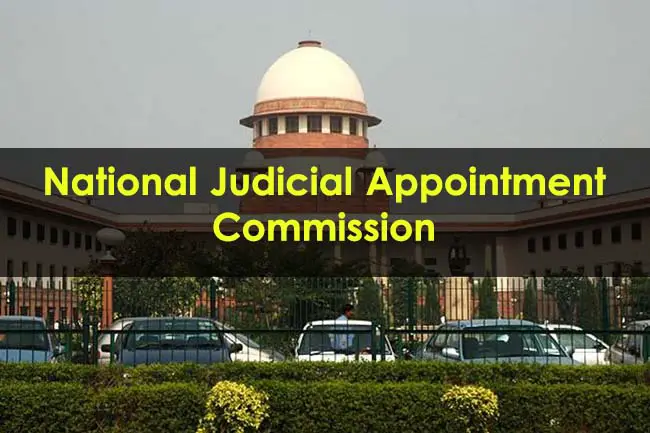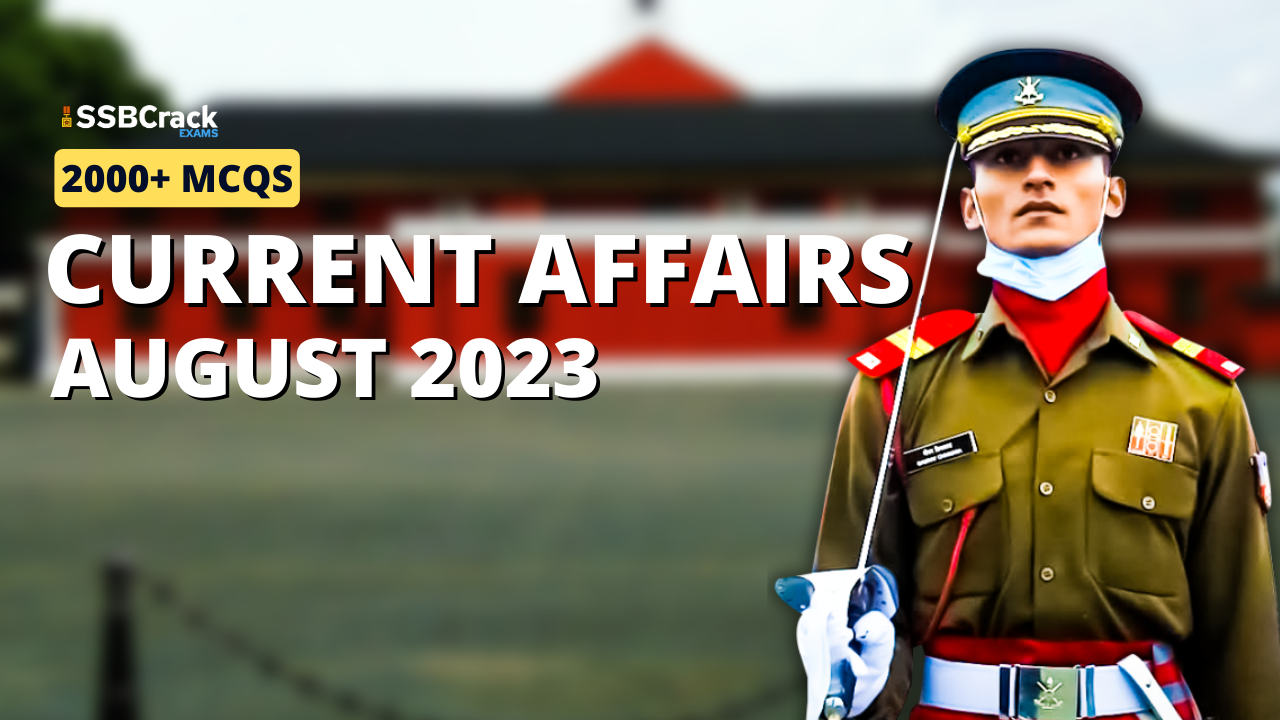National judicial appointment commission was recently in news and is important from the point of current affairs.
What this term means?
It is a way to make an appointment of Supreme Court and high court judges more transparent. As per this criteria, judges will be appointed by a commission. The commission member will be appointed form judicial, legislature and civil society
Current criteria of selection
Currently, the selection of judges, as per Indian constitution, is done by the president of India after consulting chief justice of India and other judges. In 1993 the second judge case which stated that the chief justice of India must agree to all judicial appointments which is known as concurrence. This step led to the formation of collegium system in which a 3 senior most Supreme Court judge bench will take a decision on the selection of chief justice of India or high court judge.
What’s new in NJAC?
The chairman of this pattern will be chief justice of India. Excluding CJI, 6 other members will be there in section committee. The selection panel will have 2 senior most judges after the chief justice of India, along with law and justice minister and 2 eminent people, which will be elected by the CJI, Prime Minister and leader of the opposition making a commitment. Out of two eminent people, one should be selected form schedule caste, schedule tribe, OBS or women.
NJAC system came after the three judge’s case (first, second and third judges’ case)
First Judge case 1981– The decision came under this case was that the president can refuse the name selected or recommended by CJI but with sensible reasons.
Second Judge case 1993- Recommending the primary role of chief justice of India in judicial appointment. But the three judges in this case did not agree to this decision. This led to the confusion in criteria of election and transfer of judges.
Third Judge case 1998- The final step was taken in this case in which 9 guidelines were framed on how collegium system must work. This case stamped the supremacy of the judiciary in the appointment and transfer of judges.
Parliament’s Response
According to the supporters of this system, the system will not affect the separation of powers and even it seems to be so, then it is just a redistribution of power.
On the other hand, constitution describes that legislature can change the power governing the NJAC. So it violates the separation of powers. It gives legislature power which discourages democracy.
Another controversy arose here is that eminent person selected could not analyze the capability of a judge if they have no experience in this field and could become a risk for an independent judiciary.
Current Status
In a fresh step taken by supreme court, SC has rejected the NJAC Act and the 99th constitutional Amendment appealing the politicians as well as civil society to give a final say in the appointment of judges to the highest courts. The bench rejected the Act with a 4:1 majority as stated it as “unconstitutional and void”.


















